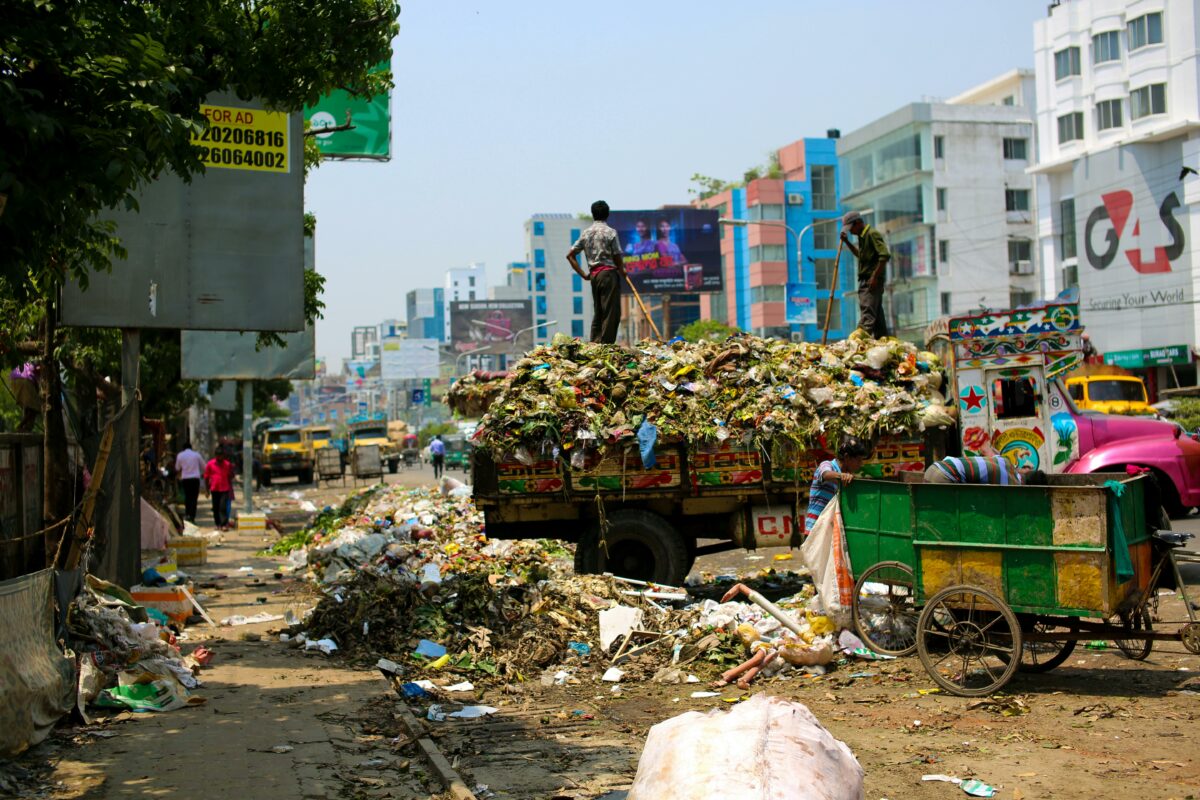Campaigners have welcomed the European Parliament’s backing of food and textile reforms but say the targets “fall short” of meeting international commitments.
Earlier this week, members of the EU Parliament debated proposals to prevent and cut food and textile waste across the EU; part of the revision of the Waste Framework Directive, which outlines the basic principles relating to waste management across the bloc.
The framework introduces food waste reduction targets and a system of Extended Producer Responsibility (EPR) for the use and disposal of textiles.
Members voted through the reforms with scant opposition.
On food waste, MEPs voted to raise legally binding food waste reduction targets to 20% across food processing and manufacturing (instead of 10% proposed by the EU Commission) and 40% in retail, restaurants, food services and households (instead of 30%).
On textile waste, members voted to extend producer responsibility (EPR) schemes, where retailers that sell textiles in the EU must cover the costs for collecting, sorting and recycling them separately. The rules would cover products such as clothing and accessories.
Subscribe to Sustainability Beat for free
Sign up here to get the latest sustainability news sent straight to your inbox every day
Commenting on the vote, European Environmental Bureau (EEB) policy officer Fynn Hauschke said: “The parliament acknowledged the need for more ambitious action on food waste, but the targets agreed fall short of addressing the magnitude of the challenge and honouring international commitments.
“At the same time, the parliament failed to meaningfully take on food losses and waste at primary production. The agreement is a missed opportunity to cut greenhouse gas emissions and improve food security and biodiversity.”
On the textile vote, EEB’s senior policy officer for textiles Emily Macintosh, said: “While this is a significant improvement on the commission proposal, it is still too vague and kicks the can too far down the road.
“MEPs also recognised the impact of shipping used textiles to third counties, but fell short of setting a real framework for global accountability to ensure financial support reaches the countries bearing the brunt of Europe’s overconsumption of textiles.”
James Beard, head of voluntary compliance at reconomy brand Valpak, said that the results of the parliamentary debate are an encouraging step in the right direction.
“We are pleased to see that the EU is spurring on the movement towards greater circularity, and we hope to see this continue as circular resource management climbs up politicians’ agendas.
“With the focus of today’s debate orbiting around the urgency to bring the textile industry up to speed with the global movement towards a circular economy, preparation will be vital to overcoming the regulatory hurdles on the way.”
In January this year, the European Union gave its final green light on a law that will ban carbon neutral claims, aiming to protect consumers against greenwashing.















